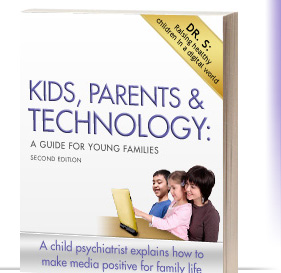What To Tell Children About Mothers Who Kill Children
Eitan D. Schwarz, M.D., D.L.F.A.P.A., F.A.A.C.A.P.
CLINICAL ASSISTANT PROFESSOR, FEINBERG SCHOOL OF MEDICINE
NORTHWESTERN UNIVERSITY
CHICAGO, IL
Copyright © 1995-2002 Eitan D Schwarz. All rights reserved. This handout may be copied and distributed only for non-profit educational use.
Recent news stories may raise these questions for children (and grownups, too). How can a mother who seemed so loving kill her own young children? How can I be sure my own parents won’t hurt me? How do I know that when my mom is angry with me she won’t kill me?
When grownups hear about a mother killing her own young children, they cannot find an easy explanation that will put them at ease. This is especially difficult when a mother turns out to be a murderer after appearing genuinely convincing and loving. Children will also want an explanation from parents and teachers. A complete explanation may not be entirely possible or easy, but we must try.
We must find a balance on the one hand between helping a child feel safe and on the other acknowledging the existence of child abuse, violence, evil, and danger in the world. This must be done in a manner appropriate to the child’s ability to understand.
First, don’t bring this topic up or discuss it in front of children. Wait for them to ask first. Then look for how distressed the child might actually be. Adjust your response to the child’s needs. Don’t give more details than necessary.
Second, a parent or teacher should think through their own understanding of what happened, as difficult as that might be. Could it have been Illness? Human frailty? Evil? It is important to say that we really don’t know the people involved or their circumstances. We only know a few oversimplified images selected by media. This is a chance to discuss with children how to evaluate what they see in the media and how important it is to know a lot more before making judgments.
Third, in contrast, children can be then helped to remember and identify how much more they do actually know about their own parents’ love and devotion to them. They can review good times, birthdays, Christmases and Thanksgivings. They can be reminded of getting hugs when feeling down, ill or injured.
They can be assured that when a parent is angry, it is self limiting and passes quickly. This is a chance to discuss with children how anger can be a normal feeling and describe appropriate ways of expressing it. With older children who can understand finer distinctions you can discuss how a healthy relationship is strengthened when rifts are repaired and healed through apology and forgiveness.
This is also an opportunity for adults to demonstrate their respect for children by affirming their beliefs that children have rights to affection, nurturing, safety and protection from adults.
If a child continues to be distressed or shows persistent signs of anxiety such as changes in behavior, increased aggression, nightmares, clinginess, headaches, tummy aches, or shyness, poorer concentration, sleep, or appetite, consider an evaluation by a mental health professional who specializes in caring for children. While the majority of children are safe and have loving, there are children who have been hurt by adults or witnessed domestic violence. The approach to them would be more complicated and requires professional expertise.



